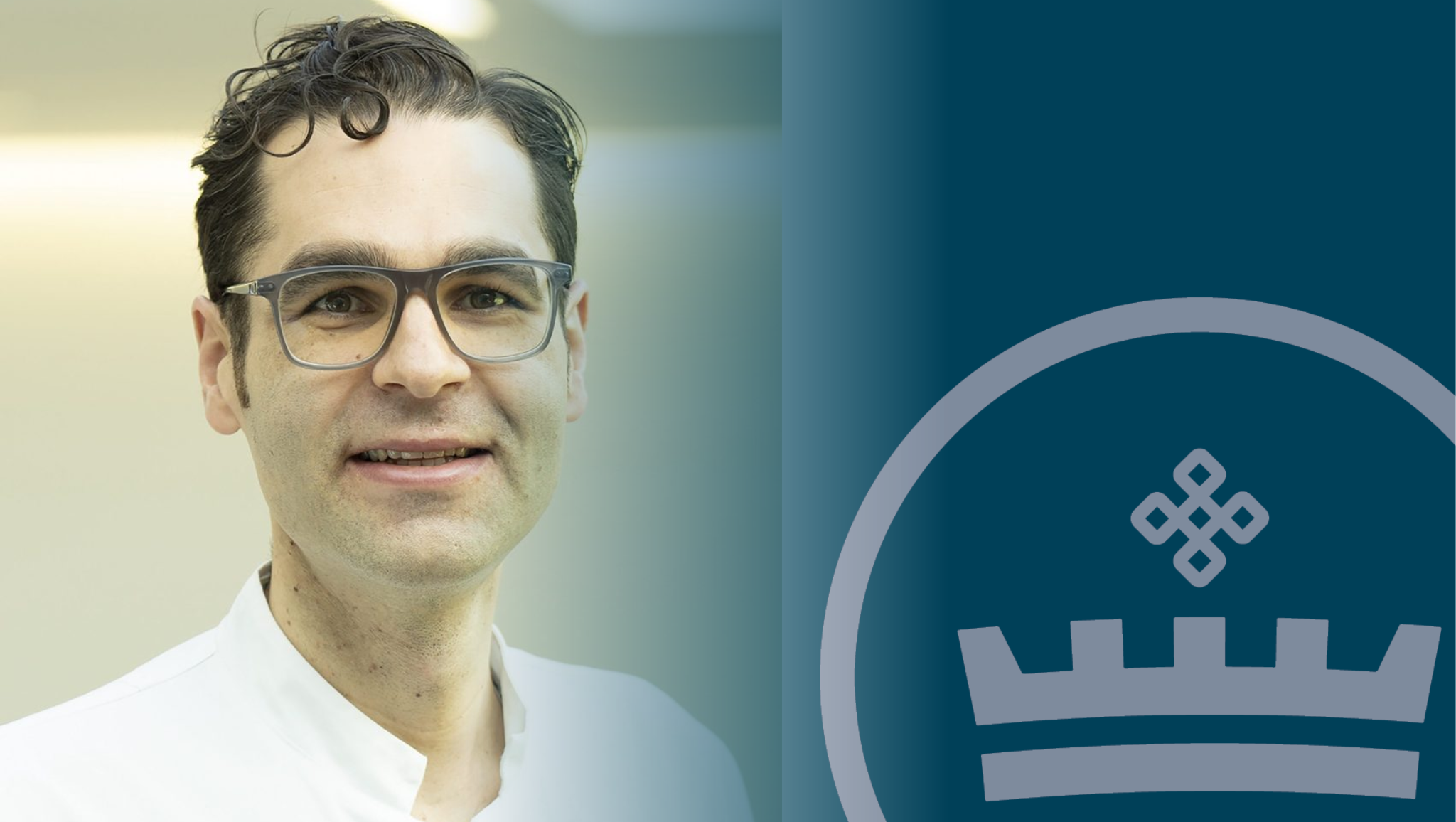Join us for an unmissable edition of the Royal Brompton & Harefield Hospitals’ Virtual Grand Rounds, where internationally renowned hypertension expert, Professor Felix Mahfoud, will delve into the nuanced management of one of today’s most pervasive cardiovascular risk factors -hypertension.
Drawing on cutting-edge research and extensive clinical experience, Professor Mahfoud will explore the spectrum of hypertension therapies, from lifestyle interventions and pharmacologic treatment to advanced interventional approaches. This session offers a unique opportunity to gain insights into the evolving treatment landscape and the role of the autonomic nervous system in managing cardiovascular and metabolic comorbidities.
This Grand Round promises to be especially valuable for cardiologists, internists, nephrologists, and healthcare professionals seeking a deeper understanding of integrated hypertension care.
- Curated for: Allied Health Professional & Primary care doctors & Secondary care doctors & Students
- Subject: Cardiology
 55 Minutes
55 Minutes
Open to access this content
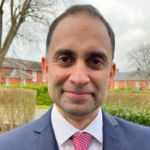 Dr Sohaib Nazir
Dr Sohaib Nazir
- Curated For : Primary care doctors & Students
- Subject : Cardiology
 1 Hour
1 Hour
Open to access this content
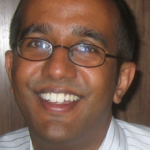 Dr Aran Singanayagam
Dr Aran Singanayagam
- Curated For : Primary care doctors & Secondary care doctors & Students
- Subject : Respiratory medicine
 1 Hour
1 Hour
Open to access this content
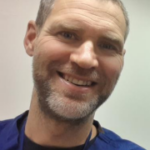 Guy Scadding
Guy Scadding
- Curated For : Primary care doctors & Secondary care doctors & Students
- Subject : Respiratory medicine
 30 Minutes
30 Minutes
Open to access this content
- Curated For : Secondary care doctors & Students
- Subject : Respiratory medicine
 1 Hour
1 Hour
Open to access this content
 Dr Owais Dar
Dr Owais Dar
- Curated For : Primary care doctors & Secondary care doctors & Students
- Subject : Cardiac surgery
 1 Hour
1 Hour
Open to access this content
 Dr Chris Orton
Dr Chris Orton
- Curated For : Primary care doctors & Secondary care doctors & Students
- Subject : Respiratory medicine
 55 Minutes
55 Minutes
Open to access this content
 Professor Michael Polkey
Consultant respiratory physician
Professor Michael Polkey
Consultant respiratory physician
- Curated For : Primary care doctors & Secondary care doctors & Students
- Subject : Respiratory medicine
 30 Minutes
30 Minutes
Open to access this content
 Dr Ian Balfour-Lynn
Consultant in paediatric respiratory medicine and co-director of children's services
Dr Ian Balfour-Lynn
Consultant in paediatric respiratory medicine and co-director of children's services
- Curated For : Primary care doctors & Secondary care doctors & Students
- Subject : Respiratory medicine
 50 Minutes
50 Minutes
Open to access this content
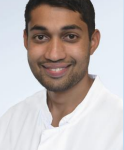
 Binaya Regmi
Binaya Regmi
- Curated For : Primary care doctors & Secondary care doctors & Students
- Subject : Respiratory medicine
 40 Minutes
40 Minutes
Open to access this content

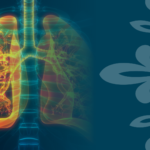
 Dr Jennifer Quint
Dr Jennifer Quint
 Hrishi Mehta
Hrishi Mehta
- Curated For : Primary care doctors & Secondary care doctors & Students
- Subject : Respiratory medicine
 40 Minutes
40 Minutes
Open to access this content
 Mr Espeed Khoshbin
Mr Espeed Khoshbin
- Curated For : Primary care doctors & Students
- Subject : Cardiac surgery & Cardiology
 1 Hour
1 Hour
Open to access this content
 Professor Mona Bafadhel
Professor Mona Bafadhel
- Curated For : Secondary care doctors & Students
- Subject : Respiratory medicine
 45 Minutes
45 Minutes
